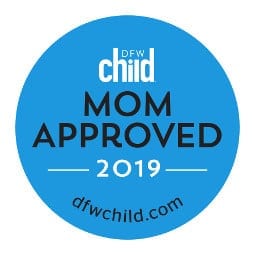Therapy Thoughts
Following Your Child’s Lead
By McKenna Jackson, M.S., CCC/SLP
When we witness a child struggling with learning of any kind, our first inclination, as adults, is to step in and teach the child the correct way of doing things. We lead the child through instructing them in the proper way as we see it. When the task at hand is learning to talk, parents may talk for the child, finish the words for them, or use controlling language, like commands and questions, while correcting their speech.
However, it is essential that the child develop the confidence to take an active role and an eagerness to express themselves independently. Follow the child’s lead in observing their interests and level of communication. When your response is appropriate for these levels, learning to talk will come more naturally and comfortably for the child.
Steps to Take:
- Wait, Observe, and Listen – In this way, the child’s communication methods may be observed. These may include pointing, eye gazing, gestures, grunts and crying.
- Give Your Child a Chance – Instead of anticipating the child’s every need, allow them to have the time to express themselves. For instance, wait to serve juice until the child makes a request for it. When the doorbell rings, wait for the child to respond before answering the door.
- Know What to Expect – After observing the child’s interests and desires along with their methods for expressing them, communication is achieved whether it be verbal, pointing, nodding, or using signs or picture boards. This is the starting level for communication — do not expect more or less. If you expect too much, you may never recognize the child’s current method of communication. If you expect too little, for instance a grunt instead of using a word the child has used before, the quality of the initiations will not improve.
- Be at the Same Physical Level – Sit together on the sofa or on the floor where eye contact can be reached with no distractions. Verbal and non-verbal methods will be more recognizable. Your responses and facial expressions will work to encourage your child’s communication skills










